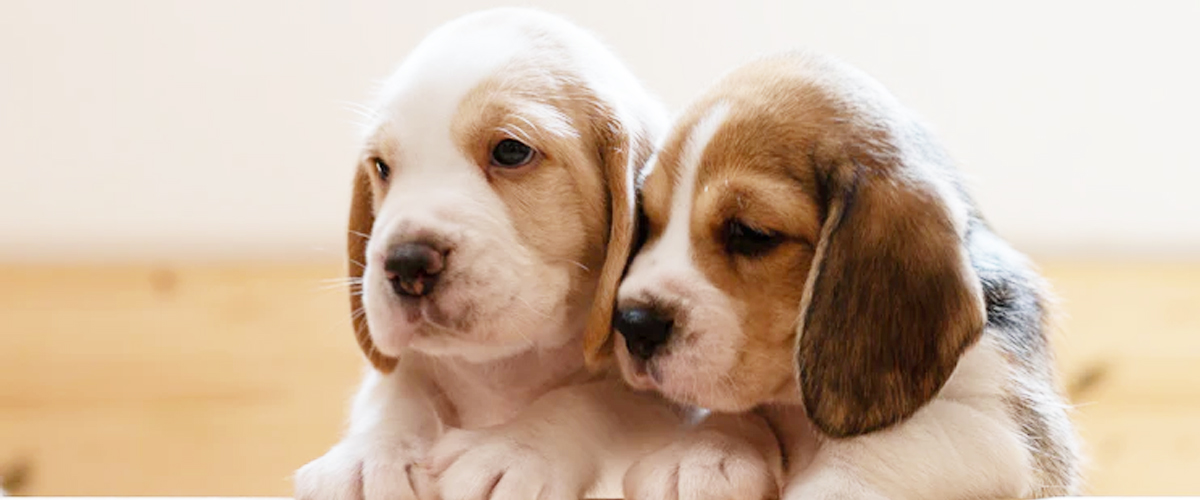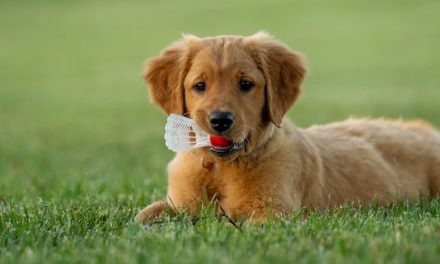When it comes to choosing a puppy, one of the most fascinating aspects to consider is the individual personality traits that can emerge in male and female dogs.
While many factors influence a puppy’s behavior, including breed, environment, and socialization, gender can also play a significant role in shaping their personality.
Understanding these traits can help potential pet owners make informed choices and nurture the right environment for their new furry friends.
MALE PUPPIES: PLAYFUL AND ASSERTIVE
Male puppies are often characterized by their playful and assertive nature.
Generally, they are more energetic and may exhibit boisterous behavior that can come across as a more hands-on approach to play.
This playful demeanor can be traced back to their instinctual need to establish their place in the pack, making them prone to rough-and-tumble play.
Owners might find that male puppies are often more eager to engage in play, whether it’s fetching a ball or wrestling with their human companions.
Additionally, male puppies may exhibit a slightly more dominant behavior compared to their female counterparts, especially during social interactions with other dogs.
This can manifest in playful mouthing, barking, or even humping as they work to establish their social rank.
However, it’s essential to provide proper training and socialization from a young age to help mold desirable behavior.
It’s important to note that male puppies can sometimes be more prone to distractions, particularly when they’re in an environment filled with stimulating elements like other dogs or new scents.
Training and consistency are crucial to help them focus and respond well to commands, guiding them toward appropriate behaviors.
FEMALE PUPPIES: NURTURING AND INDEPENDENT
On the flip side, female puppies often display a slightly more nurturing personality.
They tend to be more inclined toward socialization strategies that involve cooperation rather than competition.
This nurturing aspect can be particularly notable when they interact with people or other animals.
Many owners describe female puppies as being softer in their approach: they may engage in gentler play and show a greater understanding of subtle social cues.
Female puppies also often demonstrate high intelligence and an eagerness to please their owners.
This trait can make training a smoother process, as they’re usually more receptive to commands and eager to learn new skills.
Their independence can also be an interesting factor; while they enjoy bonding with their human companions, they are sometimes content to entertain themselves, making them slightly easier to manage in a household setting.
Moreover, female puppies may typically exhibit more territorial or protective behavior, especially as they mature.
This can lead them to be very loyal companions.
However, young female puppies may also exhibit mood swings, which are sometimes influenced by hormonal changes as they grow.
CONSIDERATIONS FOR OWNERS
While these generalizations can provide insight into the differences often observed between male and female puppies, it’s important to remember that each puppy is an individual.
Many variables can affect personality, including breed tendencies and early experiences.
For instance, a breed known for its intelligence and active nature might produce very energetic individual puppies, regardless of gender.
Socialization is another key factor that shapes a puppy’s personality.
Positive interactions with diverse people, environments, and other animals during the critical early development stages (typically the first 16 weeks) can foster confidence and resilience no matter the puppy’s gender.
CONCLUSION
In summary, understanding the unique personality traits of male and female puppies can greatly aid in making the right choice for your household.
Male puppies tend to be more playful and assertive, while female puppies often embody a nurturing and independent spirit.
Ultimately, the individual personality of any puppy is influenced by a combination of genetics, environment, and training.
By acknowledging these traits and committing to proper socialization and training, prospective dog owners can foster a loving and harmonious relationship with their new furry family member, ensuring a fulfilling companionship for years to come.









